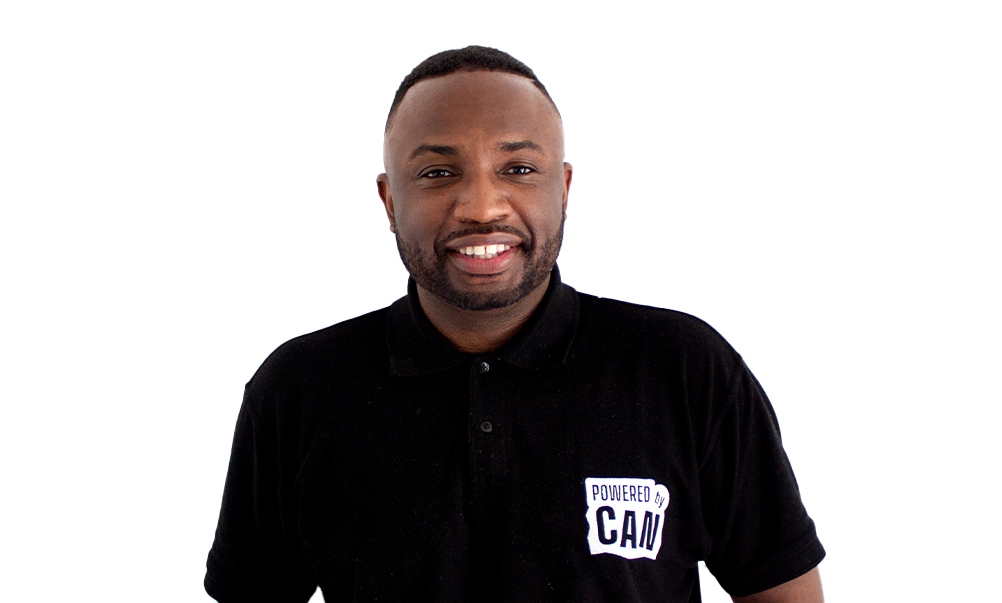
3 minute read
Form F, Not Formula 1
Jerrel Jackson’s Journey to Fostering
Jerrel Jackson’s path to becoming a foster carer wasn’t a fast-track process. It was a thoughtful, deeply personal journey shaped by his life experiences, values, and an unwavering commitment to making a difference. As a single Black man, Jerrel understood the challenges he might face, but his passion to provide a safe and loving home for a young person was stronger than any obstacle.
Finding the Right Agency
For Jerrel, the first step was finding an agency that aligned with his beliefs and values. He wanted an organisation that shared his passion for fostering, respected his background, and was committed to addressing the underrepresentation of Black carers and the overrepresentation of Black children in care. The decision wasn’t taken lightly—he took his time researching, asking questions, and ensuring that the agency’s ethos matched his own.
“I knew I needed an agency that understood me, my culture, and the importance of providing a space where a young person could feel seen and valued,” Jerrel explains.
Jerrel’s desire to foster was deeply personal. Having experienced bereavement at a young age, he learned early on what it meant to navigate life without a guiding hand. “I had to find my own way with little support,” he shares. This experience shaped his empathy and resilience and ignited a desire to be the kind of support system he wished he had.
For years, Jerrel worked with young people, gaining invaluable experience in understanding their needs, challenges, and potential. He saw the negative narratives often associated with Black children in society and felt compelled to help rewrite those stories. “I wanted to be a source of hope and guidance, someone who could shape a young person’s future positively,” he says.
The Challenges of Fostering
Jerrel’s fostering journey was not straightforward. The process of approval, particularly the Form F assessment, was rigorous and, at times, emotionally taxing. “It’s not like Formula 1,” he jokes. “There’s no speeding through it.”
Having the right social worker was crucial. “I needed someone who wasn’t judgmental, someone who truly wanted to understand my background and build a positive rapport,” Jerrel recalls. A good social worker, he believes, uses professional curiosity not as a means of interrogation but as a way to foster understanding, respect boundaries, and commit to having the hard conversations that come with fostering.
Jerrel also emphasizes the importance of seeking support. “Don’t be afraid to ask for help or find a mentor to guide you when things get tough,” he advises. Having someone to lean on can make all the difference, especially for new foster carers navigating the complexities of the role.
A New Chapter
Today, Jerrel is an approved foster carer with a young person in his care. The journey hasn’t been easy, but it has been deeply rewarding. “Fostering has given me a chance to give back, to use my experiences to create a better future for someone else,” he says.
His advice to prospective foster carers is simple but powerful: take your time to find the agency that suits you best, be open to learning, and remain committed to the well-being of the child in your care.
For Jerrel, fostering isn’t just about providing a roof over a young person’s head. It’s about offering them a sense of belonging, understanding, and hope. And in doing so, he’s not only changing their life—he’s transforming his own.










